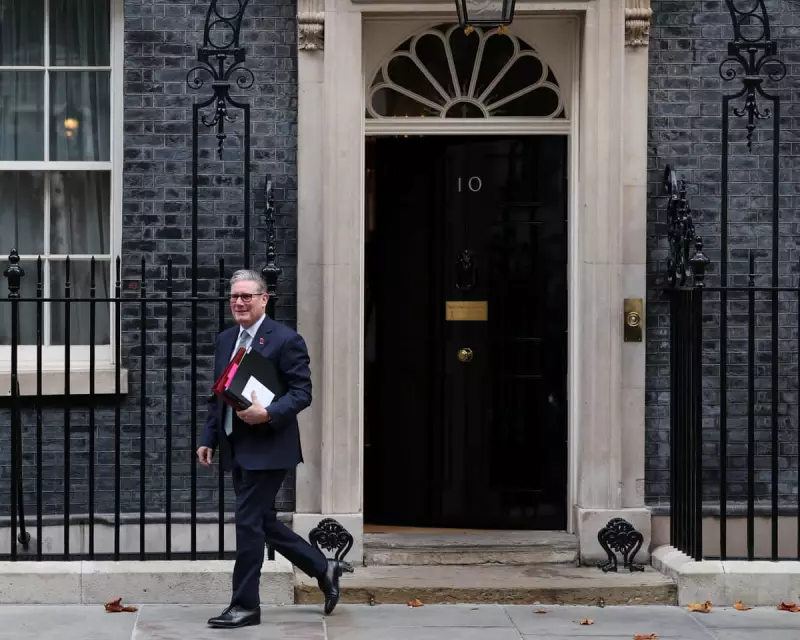
The Labour government has plunged into what critics are calling its 'musical chairs era' as internal conflicts and leadership speculation dominate Westminster politics. The drama unfolding at Number 10 Downing Street bears all the hallmarks of previous government death spirals, leaving ordinary citizens as mere bystanders to political theatre that has little connection to their daily lives.
The Briefing War That Shook Westminster
In early November 2025, allies of Prime Minister Keir Starmer allegedly briefed journalists against Health Secretary Wes Streeting, accusing him of plotting a leadership challenge. The political firestorm that followed saw Streeting vehemently deny the claims, Starmer issue an apology, and then Downing Street perform an abrupt U-turn by insisting the briefings hadn't originated from government sources at all.
This explanation was met with widespread scepticism, with one government source sarcastically suggesting journalists 'must have all been tricked by several impostors posing as No 10 staff'. The entire episode exposed the toxic culture of paranoid office politics that has taken root within Starmer's administration.
A Familiar Pattern of Political Decline
Political observers noted the depressing familiarity of the sequence: a government and leader entering a death spiral, high-drama episodes centred on personnel, the emergence of a potential leadership contender described in salvationary terms, and then the cycle beginning anew.
Meanwhile, Westminster insiders engaged in elaborate game theory analysis. Was Downing Street chief of staff Morgan McSweeney launching a preemptive strike to flush out potential challengers? Was Starmer an active conspirator or a hapless leader trapped by his advisors? Was Streeting playing a brilliant political game by dismissing the speculation as 'nonsense' while positioning himself as above the 'toxic culture'?
The simpler, and perhaps more troubling, explanation might be that there was no grand strategy - merely impulsive behaviour driven by paranoid office politics and age-old grudges within a high-pressure environment.
The Streeting Phenomenon and Government Drift
Wes Streeting now finds himself in the political honeymoon phase that often accompanies a government's decline. His performance following the briefing scandal has been described as a 'masterclass' delivered with 'great humour' and 'serious intent'. Yet this portrayal overlooks some crucial realities.
Streeting was voted back into Parliament with a dramatically slashed majority of just over 500 votes. He's currently leading an NHS reform process that the Institute for Government has blasted as 'chaotic and incoherent'. He represents the quintessential 'wide but thin' nature of Labour's 2024 victory - popular in Westminster circles but lacking substantial grassroots support.
The fundamental problem remains that this Labour government appears directionless, having made pragmatism an end in itself rather than a means to an end. Streeting himself reportedly once told a shadow cabinet meeting: 'Every day, we should drag a sacred cow of our party to the town market place and slaughter it until we are up to our knees in blood.'
Yet the public sees little material benefit from this approach under a government that looks set to become the worst for living standards on record, while simultaneously claiming that 'illegal immigration' is 'tearing our country apart'.
As the government enters its musical chairs phase, the pattern appears set to repeat - with each iteration taking events further from the real-world concerns of ordinary citizens. The moment a party turns on itself, when personalities replace politics, and when media briefings become the primary method of airing grievances, it signals that the public have become mere spectators to a drama that was always about power rather than governance.
This represents the beginning of a final act that promises to drag on interminably, as history repeats itself in what appears to be a reenactment of an end rather than the start of something new.






